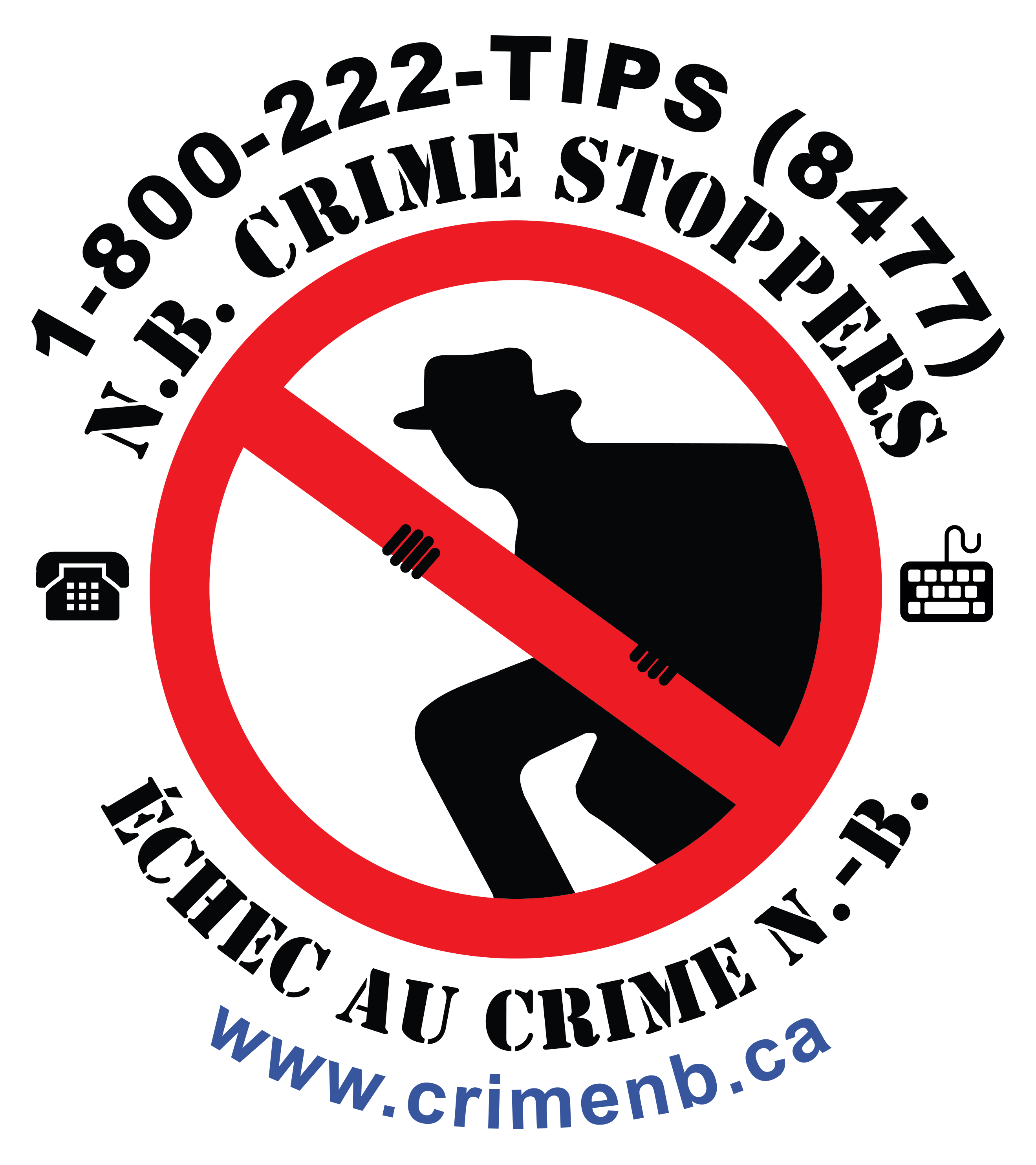Five things a drug dealer won’t tell you
Quick Links
Five things a drug dealer won’t tell you
In this article, we outline some uncomfortable truths that a neighbourhood drug dealer won’t be in any hurry to reveal – and the reality can be just as painful as the misery they spread through their illegal activities.
Remember: there’s something you can do
 Let’s not kid ourselves about the damage that drug dealers continue to cause in our communities. Sitting back and watching drug dealers destroy the lives of the people you care about should not be an option.
Let’s not kid ourselves about the damage that drug dealers continue to cause in our communities. Sitting back and watching drug dealers destroy the lives of the people you care about should not be an option.
Although we are not an investigative body, Crime Stoppers is a trusted, independent link between law enforcement and the community. Rest assured, we do not have call display or call-trace on any of our telephones, and we do not record any calls or log an IP address if using our online secure tip submission form.
You are under no obligation to share any personal details (and are discouraged from doing so), and the information you provide can be nothing more than a suspicion. Even the smallest piece of information can make all the difference to law enforcement investigators.
The public plays an important role in helping to reduce, prevent and solve crime, including the trafficking of illegal drugs. Anyone with information about, or who suspects, illegal drug activity in their neighbourhood is asked to contact their local police. Information can also be provided anonymously through Crime Stoppers at 1-800-222-TIPS (8477), by downloading the secure P3 Tips Mobile App, or by Secure Web Tips at www.crimenb.ca
Here are five things worth thinking about…
Dealers use fillers
It is common knowledge that drug dealers “cut” or mix and add fillers to illegal drugs, and what is added could easily be a death sentence to an unsuspecting user. Drugs are sold by the amount or weight, so when a dealer wants to make a bigger profit, they simply mix drugs with a range of other substances to achieve more income. For powdered drugs, like cocaine, it’s not uncommon for a range of fillers to be added, which are not easily detectable by the naked eye. Fillers could include everything from vitamin B-12 and laxatives to dewormers, typically used to treat animals, and more commonly - lethal amounts of fentanyl, carfentanil or W-18.
It’s profit over people
Simply put, drug dealers sell so they can make money. They are shady salespeople peddling in an illegal trade, regardless of whether they happen to be selling to support themselves or just to have extra money to fund their own drug use. They work hard to build a trusted clientele to create a ‘supply and demand’ dynamic – and will do plenty to be your ‘friend’ in order to get the sale. Don’t forget - there are plenty of examples where someone suddenly owes money to a dealer, and that friendly demeanour quickly fades and becomes a far more violent and sinister association.
They don’t know what’s in the drugs they sell
It might be hard to believe, but dealers often don’t know what’s in the drugs they are selling. Plenty of drug dealers are just middle-men, with someone else originally producing the drugs prior to being shipped, trucked or flown into the hands of the current dealer. The drugs could have been traded a number of times, and unknown fillers added along the way. When you buy drugs illegally, there’s no guarantee that they are what someone says they are, so you are literally gambling with your health, well-being and possibly your life. Drugs like cocaine, crack, ecstasy, meth, and heroin are now increasingly cut with lethal drugs like fentanyl, carfentanil or W-18.
Fentanyl is a powerful synthetic opioid that is prescribed to treat severe pain.
Canada’s illegal drug supply is being contaminated with illegal fentanyl. Fentanyl is a cheap way for dealers to make street drugs more powerful.
Without drug checking equipment, there is no way to know how much fentanyl has been mixed into illegal drugs because you can’t see, taste or smell it. Consuming as little as a few grains of fentanyl can kill you.
Carfentanil is a synthetic opioid normally used as a sedative for large animals such as elephants. It can be 100 times more toxic than fentanyl. Carfentanil looks similar to table salt – but ingesting one or two grains can be fatal to humans.
Pain caused is conveniently forgotten
Drug dealers operate in a world full of fear, hurt and pain. Not only does a dealer face the constant prospect of being arrested and held to account, but each and every customer they have also faces the same threat – and could easily turn in their drug dealer to law enforcement to help reduce the severity of charges they might be facing or shorten a prison term. A drug dealer isn’t going to tell you about some of the desperate ploys that substance abusers do to get their next fix, or the occasions where someone overdoses and dies as a result.
There’s never a “special rate”
Whether someone thinks it or not, drug dealers don’t play favourites. There’s never going to be a ‘special rate’ or discount on offer just because you happen to be a nice person. Like any other business, drug dealers make a profit by charging more for their product than what they originally paid for it. What that means is: the more they charge, the more they make. And what users can often find is that they need to resort to robbery, theft, and break & enters to fund their habit and get the money needed to satisfy their addiction. Unfortunately, all too often, victims of drug users are family and friends.

